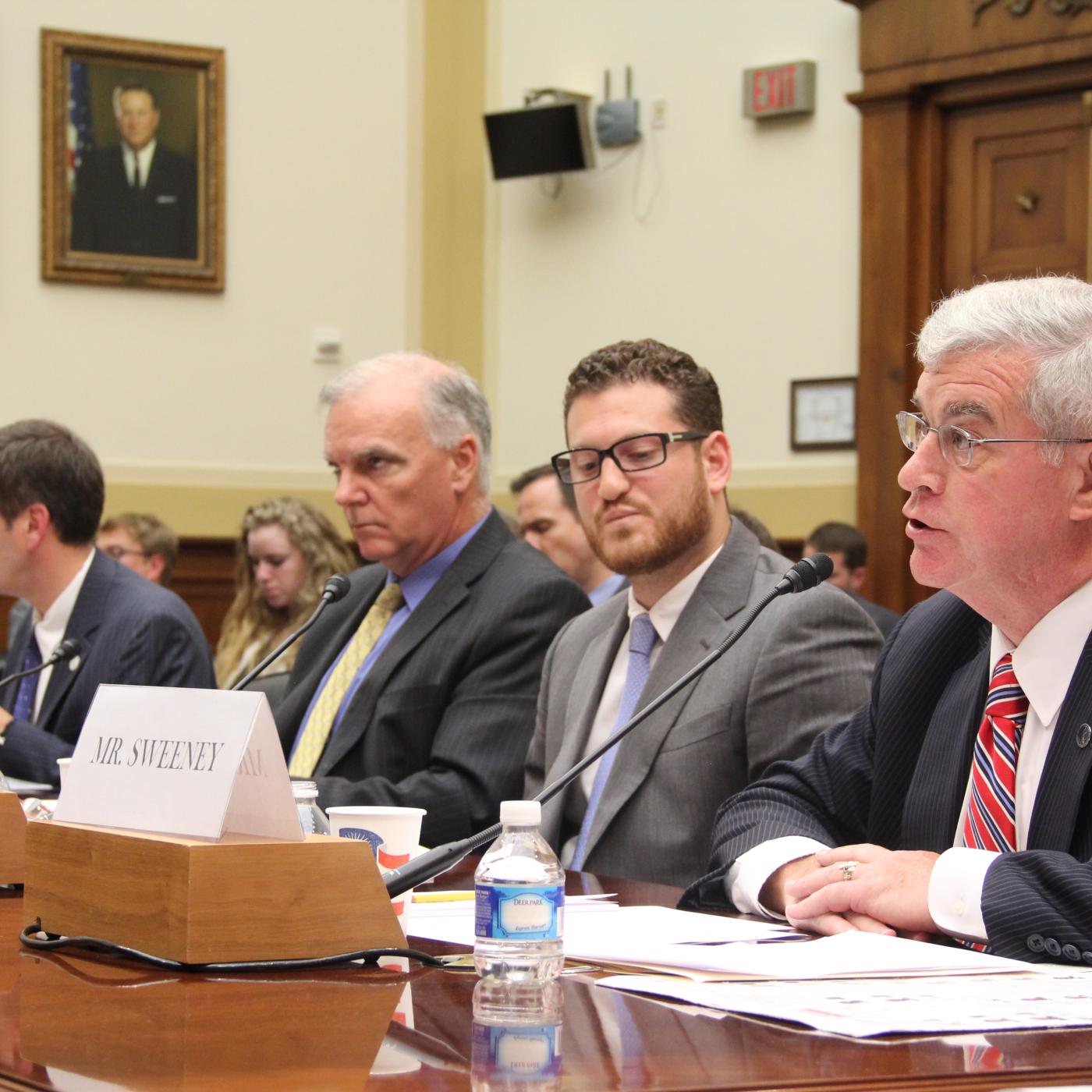Search
Filter by
Type
Publication date
Language
Type
Publication date
Language
News & Updates
Feature
Democracy Promotion is an American Tradition
In celebration of International Day of Democracy on September 15, the Presidents of IFES, the International Republican Institute and the National Democratic Institute, which together compose the Consortium for Electoral and Political Processes Strengthening, authored a joint op-ed. The authors argue that the U.S. should use its new position as the President of the Community of Democracies to rally greater international support for democracy and governance programming and discuss the U.S.’ bipartisan tradition of supporting democracy and human rights.
News & Updates
Interview/Speech/Testimony
Tunisia’s Fragile Democratic Transition
On July 14, 2015, IFES President and CEO Bill Sweeney provided testimony to the House Foreign Affairs Subcommittee on the Middle East and North Africa on “Tunisia’s Fragile Democratic Transition.” IFES was invited to discuss Tunisia’s progress towards democracy since the 2014 elections and provide recommendations on future U.S. support.
News & Updates
Interview/Speech/Testimony
IFES President and CEO to Testify on Tunisia’s Transition
On Tuesday, July 14, International Foundation for Electoral Systems (IFES) President and CEO Bill Sweeney will testify before the House Committee on Foreign Affairs’ Subcommittee on the Middle East and North Africa on “Tunisia’s Fragile Democratic Transition.”
Election FAQ
Elections in Turkey: 2015 Grand National Assembly Elections
On June 7, Turkish citizens will head to the polls to elect Deputies to the 550-member Grand National Assembly (Türkiye Büyük Millet Meclisi, or TBMM). With electoral victories in the previous three TBMM contests, the ruling Justice and Development Party (AKP) has announced its intent to instate a presidential system in Turkey.
Election Material
Election and Political Party Law
Laws of Malawi - Local Government Supplement, 1970
Laws of Malawi - Local Government Supplement, 1970
Publication
Survey
Opinions on the Electoral Process and Democracy in Iraq
Following the April 2014 Council of Representatives elections, IFES conducted a public opinion survey of voting-age citizens in Iraq.
May 15, 2015
News & Updates
Feature
IFES Releases Report on Tunisia’s Legal Framework of Campaign Finance Mechanisms
In April 2015, the International Foundation for Electoral Systems (IFES) released a report assessing the legal framework of campaign finance mechanisms for the 2014 legislative and presidential elections in Tunisia.
News & Updates
Feature
Tunisia’s Election Commission Releases Final Report on Historic 2014 Elections
On December 21, 2014, Tunisian citizens cast their ballots in the second round of the presidential elections; the third and final election of the 2014 electoral period. The first election was held on October 26, when citizens voted into office 217 members of a new Assembly of the Representatives of the People (ARP), a new permanent legislative body.
News & Updates
Feature
IFES Q&A with Former Senior Program Manager for Francophone Africa Greg Kehailia
Greg Kehailia is currently the Senior Governance and Civil Society Advisor at the International Research & Exchanges Board (IREX). Previously, he was the International Foundation for Electoral Systems’ (IFES) Senior Program Manager for Francophone Africa in Washington D.C. and also served as IFES Chief of Party in the Democratic Republic of the Congo. He has over 15 years of experience as a field practitioner in governance, democratization and electoral processes, mostly in war-torn, post-conflict and transitional countries. He has worked on voter education, empowerment of civil societies, defense and promotion of human rights, and reconciliation-related issues with IFES, the United Nations, the European Union and the Euromed Foundation for Dialogue between Cultures in the Middle East and Africa. Political violence and its prevention have been at the center of his work for the past 15 years.
News & Updates
Feature
Libyan Women Take the Lead in Building Peace and Democracy
Four years after the fall of Moammar Gadhafi’s regime, fractures in governance and society have given way to violence and civil unrest. Two competing governments have since emerged – each backed by militias that have turned Libyan neighborhoods into battlegrounds.






